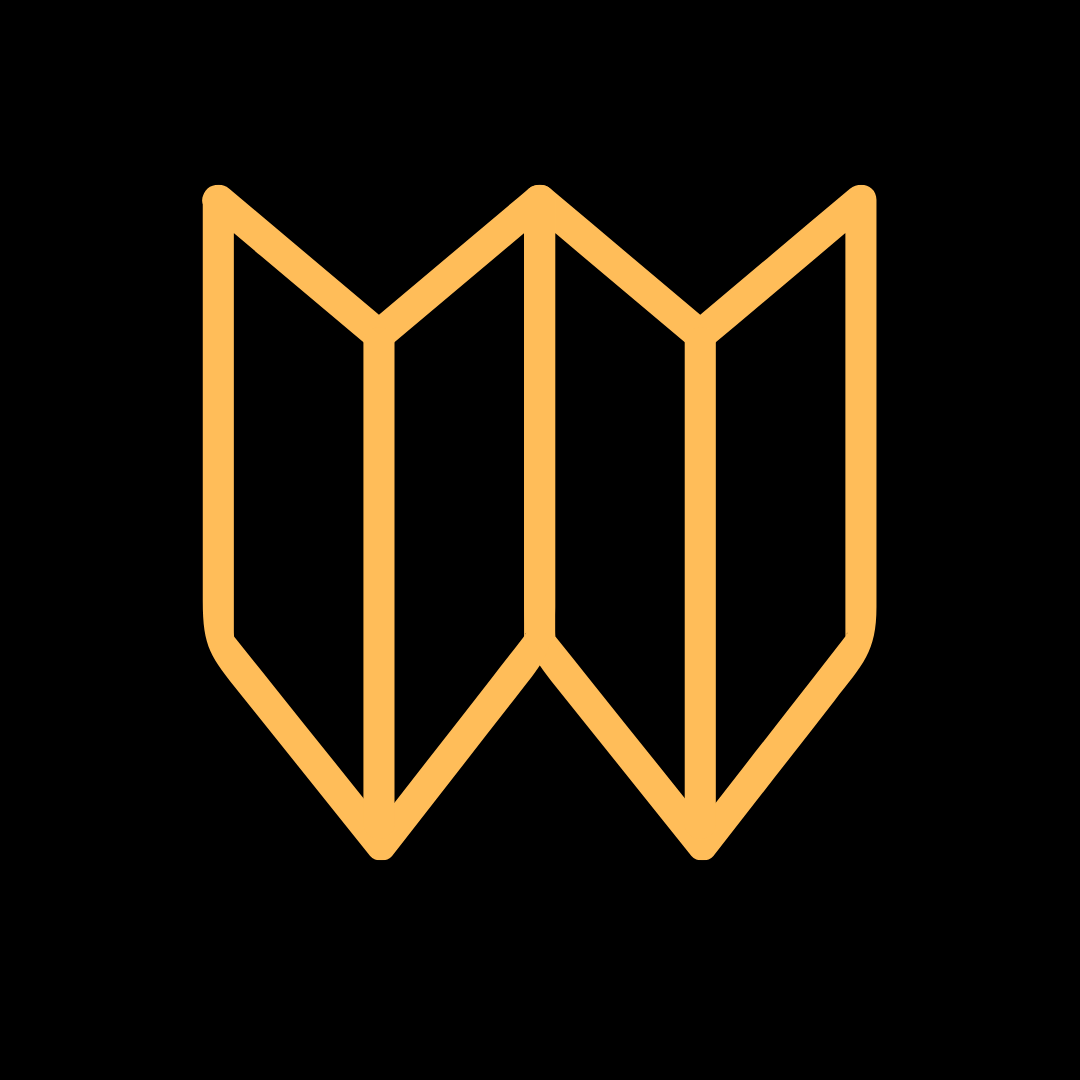What Should I Do with My Money?
Do you know, what I’m about to share with you comes straight from the bowels of Reddit? Daniel, my brother, brought this to my attention a while ago and I absolutely loved the simplicity of it and decided to include a portion of my beginner course to it!
Listed below is easy to follow approach that is rather well accepted in the personal finance community on how to allocate your funds in a systematic manner to ‘cover your bases’
7- Step Savvy Saving System
Budget and Reduce Expenses (it’s not how much you make, but what you keep)- use the free spreadsheets below to help track your expenses!
Create an Emergency Fund (you’ll be thankful you have it during the next crisis)
Match Employer Retirement Funds - it’s kinda like getting ‘free money’
Pay Down High-Interest Debts (credit card, student loans, car loans)
Save for large purchases/ personal investments (wedding planning, registered investment vehicles, RRSP, TFSA)
Save for retirement (define what ‘retirement’ looks like for you)
Pay down low-interest debt (secured lines of credit, generally because this is substantially lower than credit card debt)
* This is a generic template and not intended to provide any sort of financial advice or to be interpreted as such



There are always those people who profess that they can time the market. I’m definitely not one of those people. Instead I use a tried and true approach backed with evidence to shape my investing decisions.